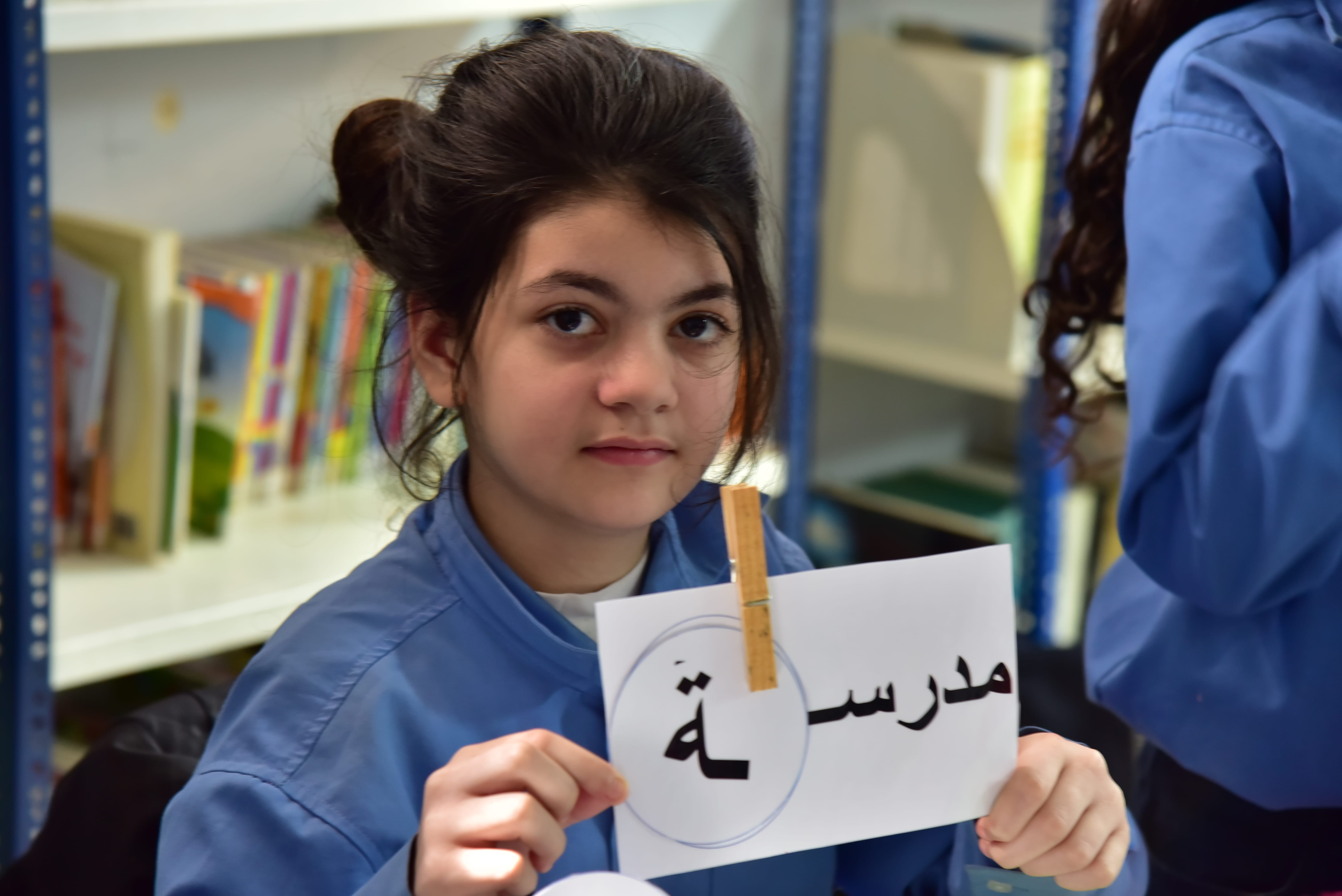-
What We Do
- WHERE WE WORK
-
About Us
 Welcome Message from Carol Jenkins
Welcome Message from Carol JenkinsFor more than 90 years, World Learning has equipped individuals and institutions to address the world’s most pressing problems. We believe that, working together with our partners, we can change this world for the better.
On my travels, I’ve had the opportunity to meet with many of those who have joined us in this mission. In Baghdad, we’ve trained more than 2,300 Iraqi youth who are already giving back at home. In London, our partners in the TAAP Initiative strongly believe that we are all responsible to practice inclusion. And in Vermont, our Experiment in International Living and School for International Training participants prove every day that they have the tools and the determination to change the world.
Please join us in our pursuit of a more peaceful and just world.
- Get Involved

Where We Work > Program List
Supporting Vulnerable Girls and Boys to Access in Education in Lebanon (Dirasa)
DURATION: 02/25/2022 - 04/23/2024
FUNDER: UNICEF Lebanon
CONTACT: [email protected]
Program Description
The UNICEF-funded program provides quality education for students across Lebanon through multiple, flexible pathways.
In Lebanon, extended political instability, an economic crisis, and an influx of refugees have placed tremendous stress on the basic education system. Access to formal education for children has been greatly hindered.
The pandemic, along with ongoing labor and wage disputes, has caused recurring school closures and substantial delays and gaps in student learning. Since 2019, the influx of Syrian refugees and more than 100,000 students moving from private to public schools due to a lack of financial resources has exacerbated the burden on an already overloaded system. Despite nationwide initiatives to resolve these challenges, the education system has struggled to keep pace, and student learning outcomes continue to remain below standards.
Through the UNICEF-funded School Bridging Program piloted in 2022-2023, World Learning created materials and strategic trainings to support and strengthen the education of 5,000 children who had previously been out of school but were newly enrolled across 19 schools. The program accomplished the following:
- Developed and distributed “Skills and Study” packages that helped primary students achieve grade-level language and math competency in a compressed timeframe.
- Trained 200 private and semi-private school teachers in adapted pedagogical techniques, including social-emotional learning and diagnostic and formative assessments, that teachers used to pinpoint and respond to students’ unique learning needs. Following initial trainings, teachers were provided ongoing classroom support through the program.
- Distributed classroom materials to the pilot schools, inclusive of math manipulatives, leveled books for classroom libraries, and resources for social-emotional learning.
Supporting Vulnerable Girls and Boys to Access in Education in Lebanon (Dirasa)
The Dirasa program is an extension of the School Bridging Program that aims to provide quality education opportunities in multiple, flexible ways to support students across Lebanon who previously have been out of school.
World Learning’s approach supports teachers’ ability to best engage students learning and close achievement gaps. We conduct teacher trainings on targeted classroom strategies, such as how to effectively administer diagnostic and formative assessments to identify ability levels and address learning loss. The program also delivers teaching resources, classroom materials, math manipulatives, library books, and tools to support social emotional learning.
Program Goals
- Provide quality education opportunities for students across Lebanon who previously have been out of school.
- Enhance the quality of education for approximately 18,000 students in Lebanon in 85 schools through multiple, flexible pathways and programs.
- Train more than 1,700 teachers on key classroom strategies to address learning gaps among students.





